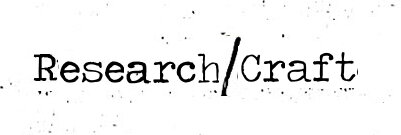I am a historian of modern Latin America and the Caribbean. My research examines the social history of politics and ideas, with a focus on the intersection of peace, conflict, and society. I am the author of Forgotten Peace: Reform, Violence, and the Making of Contemporary Colombia (translated into Spanish as La paz olvidada: Letrados, políticos, campesinos y el surgimiento de las FARC en la formación de la Colombia contemporánea), and am currently working on book projects on the history of injustice and the history of inequality in modern Colombia. You can read more about my research below.
I am Professor of Arts & Humanities at Minerva University, and a Research Associate in History at Bowdoin College. I was previously an Assistant Professor of History at Princeton University (2010–19), and a Member at the Institute for Advanced Study, School of Social Science (2019–20). I hold an A.B. from Dartmouth College and a Ph.D. from Harvard University, and have received fellowships from the Woodrow Wilson National Fellowship Foundation, Fulbright Colombia, the Eisenhower and Johnson presidential libraries, Harvard's David Rockefeller Center for Latin American Studies, and Princeton’s Center for Digital Humanities and Program in Latin American Studies. My family and I live in Portland, Maine.
Soy historiador de los siglos XIX y XX en América Latina. Soy Profesor de Artes y Humanidades en Minerva University. Anteriormente fui Profesor Asistente de Historia en Princeton University (2010–19) y Miembro del Institute for Advanced Study, School of Social Science para 2019–20. He sido becario de reconocidas entidades en Estados Unidos y Colombia, entre ellas Fulbright Colombia. Además de La paz olvidada: Letrados, políticos, campesinos y el surgimiento de las FARC en la formación de la Colombia contemporánea, he publicado varios artículos sobre política, violencia, relaciones interamericanas y desarrollo.




